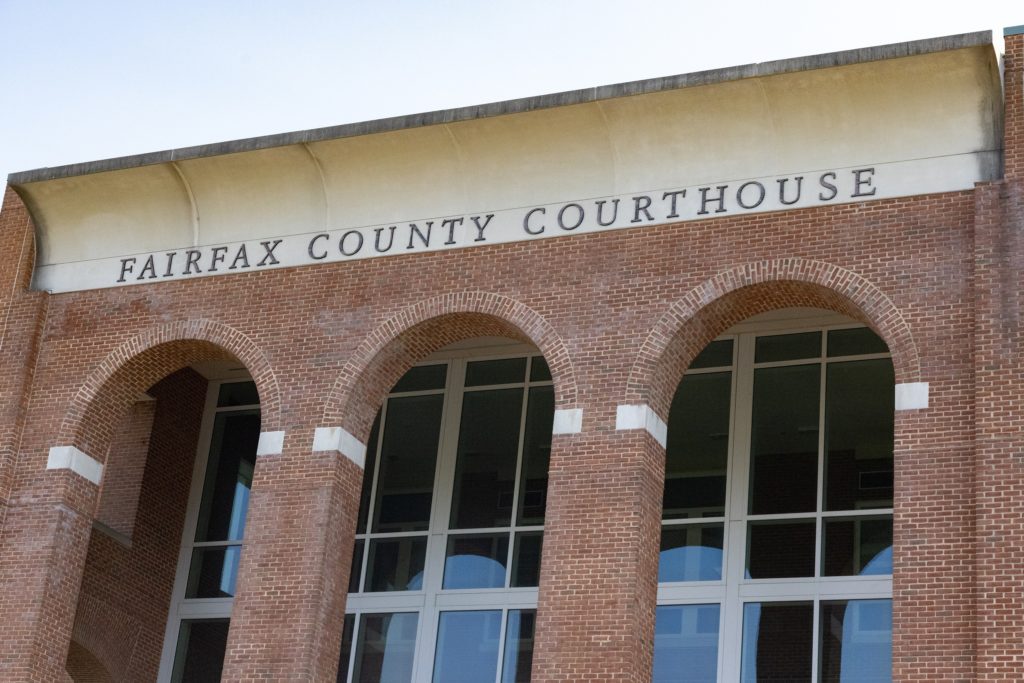Virginia judge cites 19th-century slave law to rule frozen human embryos as property

In a ruling remaining month, a Virginia choose stated frozen human embryos may be legally taken into consideration as belongings, bringing up a 19th-century regulation governing the remedy of slaves.
Fairfax County Circuit Judge Richard Gardiner has been criticized over his Feb. eight initial opinion wherein he described the frozen embryos of a divorced couple as “items or chattels.”
“As there may be no prohibition at the sale of human embryos, they’ll be valued and offered, and as a consequence can be taken into consideration items or chattels,” Gardiner wrote in his opinion.
Gardiner`s choice settled a long-walking dispute among a divorced couple, Honeyhline and Jason Heidemann, who’ve frozen embryos in garage. Honeyhline Heidemann, 45, desires to use the embryos to conceive however her ex-husband objects.
Criticism over the ruling
The ruling turned into condemned via way of means of prison professionals who stated it turned into needless and incorrect for Gardiner to quote a slave code to justify his ruling.
“It`s repulsive and it is morally repugnant,” stated Susan Crockin, a legal professional at Georgetown University’s Kennedy Institute of Ethics and an professional in reproductive generation regulation
Solomon Ashby, president of the Old Dominion Bar Association, a expert enterprise made up normally of African American attorneys, determined Gardiner’s ruling troubling. He hopes that the regulation will development for contemporary-day society.
“I would really like to assume that the bench and the bar could be looking for extra contemporary-day precedent,” Ashby stated. “Hopefully, the jurisprudence will develop withinside the commonwealth of Virginia such that … we can now no longer see slave codes (referred to in prison rulings).”
Crockin stated she has now no longer heard of another choose withinside the U.S. who has concluded that human embryos may be offered and offered. Crockin delivered that courts have to understand that embryos need to be dealt with in a extra nuanced manner than as mere belongings.
Virginia frozen embryos case
Gardiner first of all sided with Jason Heidemann at the case, ruling that Honeyhline Heidemann couldn’t declare custody of the frozen embryos due to the fact they could not be offered or offered and consequently could not be taken into consideration as “items or chattels.”
But after Honeyhline Heidemann’s legal professional, Adam Kronfeld, requested Gardiner to reconsider, Gardiner delved into the antique rulings that ruled custody disputes regarding slaves. He determined that earlier than the Civil War, the “not unusualplace regulation of products or chattels” additionally carried out to slaves.
After seeing similarities among the divorced couple’s dispute and the antique rulings, Gardiner retracted his preliminary ruling. Although neither of the Heidemanns’ attorneys raised the slavery issue, they did improve different arguments in aid in their cases.
Jason Heidemann`s attorneys argued that permitting his ex-spouse to apply the frozen embryos “could pressure Mr. Heidemann to procreate in opposition to his needs and consequently violate his constitutional proper to procreational autonomy.”
Kronfeld argued that Honeyhline Heidemann proper supersedes her ex-husband`s objections as he could now no longer be legally obligated to be their figure and due to the fact Heidemann is infertile.
Kronfeld additionally argued that the couple already exact the embryos as belongings of their preliminary separation settlement in 2018, wherein they agreed that the embryos could stay in garage till a courtroom docket order otherwise.
But Gardiner’s ruling isn’t final. He has now no longer but dominated on different arguments withinside the couple’s case, which includes Jason Heidemann’s objection that the usage of the embryos could violate his procreational autonomy.
